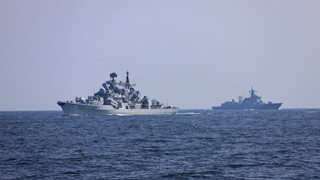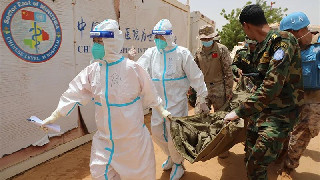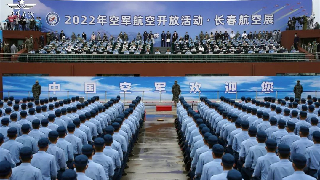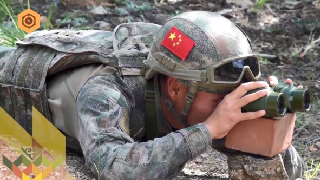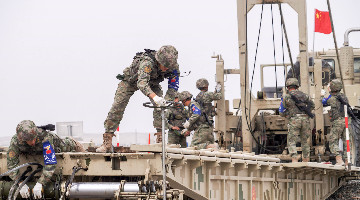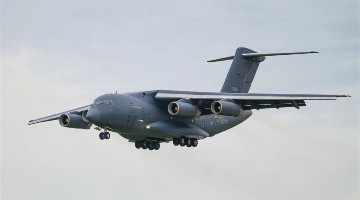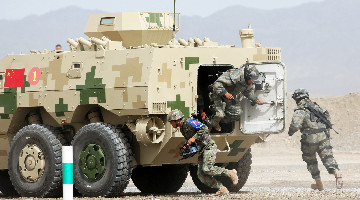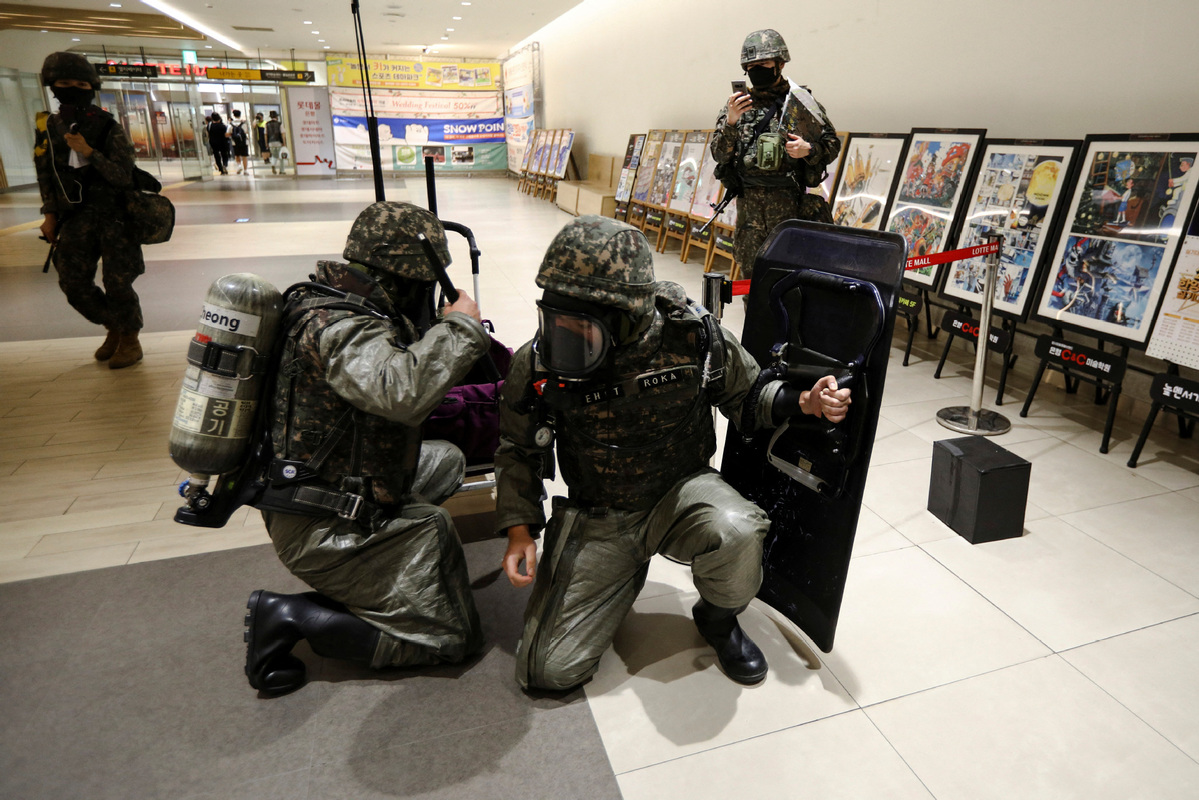
By ZHAO RUINAN
The staging of the biggest joint military drills in years by the Republic of Korea and the United States is making waves.
The Ulchi Freedom Shield exercise, which began on Monday, was set to run through Sept 1. According to media outlets, it is seen as a revival of the Ulchi Freedom Guardian, one of the three major joint military drills held by the two countries and which was scrapped in 2018 during the administration of the ROK's then president, Moon Jae-in.
The exercise entails three key elements-a computer-simulation command post exercise, controversial large-scale field maneuvers and Ulchi civil defense drills.
Though the US and the ROK claim that the exercise is defensive, observers point to the offensive and aggressive nature of the maneuvers, and they are raising the alarm.
Li Nan, a researcher focusing on the Korean Peninsula at the Chinese Academy of Social Sciences, or CASS, said the joint exercise is a dangerous provocation. It will not only halt any momentum for dialogue on the peninsula but make things even worse by adding to the uncertainties in the region, Li said.
Expressions of concern have been voiced throughout the region. The Democratic People's Republic of Korea has criticized the joint drills as a "rehearsal for invasion", calling them part of a "hostile policy" that proves Washington and Seoul are truly not interested in diplomacy.
The military exercise has also provoked opposition in Seoul. Civil society groups have been taking to the streets to demand that the exercise be halted while calling for peaceful ways to resolve tensions on the Korean Peninsula.
The Ulchi Freedom Guardian joint military drill was formerly known as Ulchi Focus Lens, which began in 1975. After a name change in 2008, it had been held annually by the US and the ROK in August and September. Usually, it involves more than 80,000 personnel from the two countries and is mainly aimed at deterring Pyongyang.
Before it was halted in 2018 as a result of the Panmunjom Declaration reached by Seoul and Pyongyang, the Ulchi Freedom Guardian drill was one of the three major US-ROK military drills; Key Resolve and Foal Eagle are the others.
Zhan Debin, a professor of international relations at Shanghai University of International Business and Economics, pointed out that the joint military exercise is at the core of the US-ROK alliance, which has constantly stirred up chaos on the peninsula.
The ongoing drill, based on an all-out war concept, is a provocation as it includes various real-life scenarios in which Pyongyang would be depicted as a real enemy, Zhan said.
The word shield in the name of the drill is just a disguise, the scholar said. "It's not defensive as the best defense is an offense. And in its final stage it will rehearse the scenario of attacking the DPRK, which is bound to irritate Pyongyang and aggregate tensions on the Peninsula."
The drill also signals the bankruptcy of the allies' policies toward the DPRK that had been advocated by Moon and former US president Donald Trump. These policies brought in subtle changes to the situation on the peninsula in 2018, as witnessed when the Panmunjom Declaration was reached and negotiations had been made between the US and the DPRK, Zhan said.
But progress toward denuclearization of the peninsula has since stalled. Observers believe a hard line from the ROK will increase the risk of confrontation and make it more difficult for the situation on the Peninsula to improve.
"The resumption of large-scale military exercises also shows that the administration of US President Joe Biden is clearly pushing much more pressure on the DPRK by imposing more sanctions, using excuses of human rights and strengthening alliances in the region," Zhan said. "The US is just paying lip service to negotiations and dialogue."
The US is looking far beyond the peninsula, said Li from the CASS. He said the US-ROK alliance is no doubt key to Washington's so-called "Indo-Pacific" strategy, with the deterrence of Pyongyang coming under its broader goals for the Asia-Pacific region.
Just a week before the ROK-US exercise began, the US, Japan and the ROK carried out a joint missile defense exercise off Hawaii. The ROK, Japan and the US will join an Australia-led large multilateral air combat exercise that is scheduled to be staged from Aug 29 to Sep 7.
Yang Han in Hong Kong contributed to this story.
